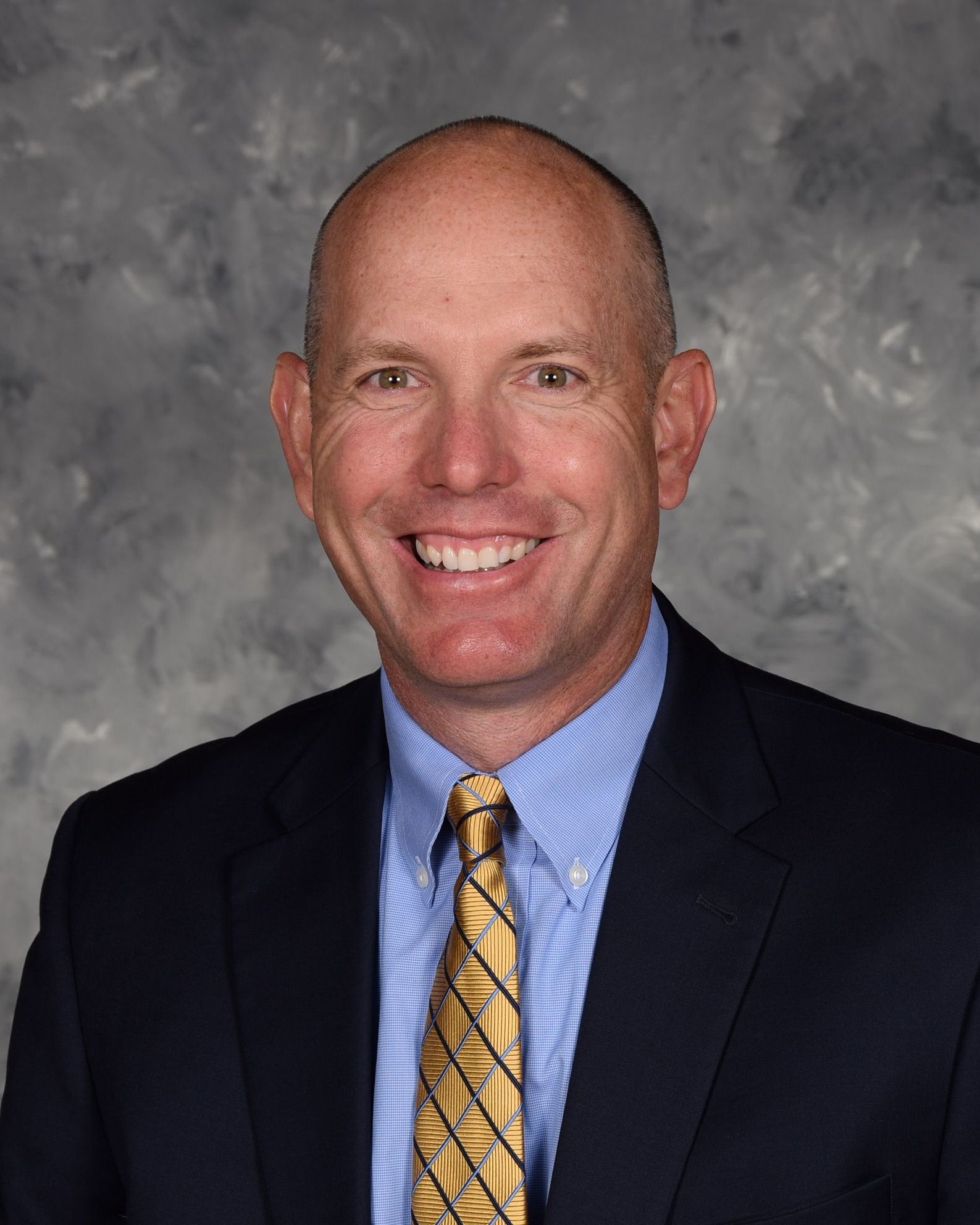
Since 2017, Michael Bates has been the President of Notre Dame Schools in Chardon, Ohio. The schools are sponsored by the Sisters of Notre Dame, and serve approximately 1100 students in PK-12 on 450 acres outside of Cleveland. Michael says, “Our school mission is ‘to educate leaders to transform the world, as Jesus did, by living the truth in love.’ My role, working with our Board of Directors, is to ensure that our mission thrives and that our schools have the resources to do so. I am thankful that our community of alumni, parents, and supporters are so generous to our students and schools. Particularly in this time of the pandemic, ensuring that Catholic education is affordable depends greatly upon our ability to build an endowment and to raise funds necessary for tuition assistance for families in need. I work closely with our school principals who co-create dynamic learning opportunities with our faculty for in-person classes for our students, and for virtual learning when necessary.”
Michael became a teacher immediately after graduating from Catholic University. “I loved teaching and the experience of school. I worked after school as a cross country coach and helped with campus ministry, retreats, and student government.” Before moving to his present position, he had served as head of schools in Los Angeles and Thousand Oaks, CA. Along the way he completed an master’s degree in pastoral studies and an Ed.D. in educational leadership. “In total, I have worked in Catholic schools for over 26 years. In each step, I said yes to greater responsibility because I valued the enterprise of education and wanted to have a larger role in helping to shape it.”
Michael studied history because the experiences of past leaders, historical patterns, and paradigms fascinated him and continue to interest him. He is as interested in American history as in world history. He took courses Catholic University’s honors program, in American cultural history, in studies of ancient and medieval times, in country-specific history (for example, Brazil and Russia), and he minored in philosophy.
He says, “I bear a hope that through education we can continue to create a world that is more just. I believe and hope in Dr. King’s wisdom, that ‘the arc of the moral universe is long, but it bends toward justice.’ In moments such as our current political environment, it is difficult to see this. I recognize that there is always another student, another classroom, another school in need of great teachers to ensure students are raised with a paradigm guided by facts, truth, faith, humor, and love. I am grateful to serve with colleagues who prize learning and developing future leaders. Teaching is an art and our world needs more teaching artists.”
“How do you shape your lens on the world and what informs that shaping? What is your paradigm?” Michael believes that these are probably the most important questions he pursued in Catholic University’s Department of History. “I am grateful to my professors, particularly to Dr. Poos and Fr. Robichaud. My professors and fellow students helped me learn to read voraciously and with a critical lens. My time studying books, heroes, anti-heroes, religions, movements, wars, and scientific and cultural progress propelled me to remain innately curious about humanity and our place on this planet. We don’t repeat history, but it sure seems that we relive its effects.
“We live in a world and political climate too readily shaped by propaganda and outright lies. Throughout the world, there remain such incredible disparities in income, access to education, and basic necessities such as clean drinking water, food, and medical care. And yet, we live in a country with incredible wealth – educational and cultural institutions, non-profit organizations, ingenuity, and diversity.
“Our Catholic Church has put forth over 150 years of Catholic Social Teaching, calling each of us to steward the environment and cherish the God-given humanity of one another, to work toward peace and not war, and to bear responsibility for ensuring a more just world. By my life and faith, I try to heed these calls. My role as teacher, coach, and administrator is motivated deeply by inspiring students to see the bigger picture and, more importantly, to see their role in co-creating a better world.”
Reflecting upon his undergraduate days, and what he would convey to current students, Michael says “Very simply, I wish I’d known that grades and learning are different. Too often, I would become engrossed in a topic and struggle to hand in the paper on time. I ultimately figured out how to balance an insatiable curiosity with the responsibility of playing the grade game. To succeed with grades as a student, I needed to read for content understanding, write succinctly to convey that understanding, and reflect insightfully in moments in between. Handing in papers on time shows respect for the professor and allows there to be a time limit for the assignment. As a human being, I need to internalize that learning and to balance work with life, learning, sleep, exercise, diet, relationships, and a peaceful, prayerful practice of mindfulness. Doing so, each day becomes an adventure of learning, calling me to grow and to continue the journey of shaping my paradigm.”
